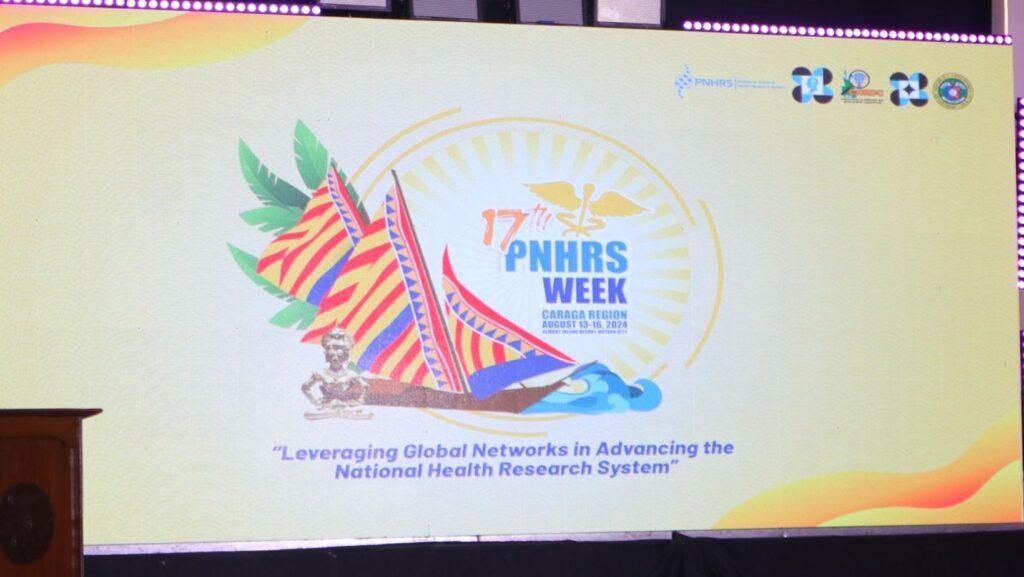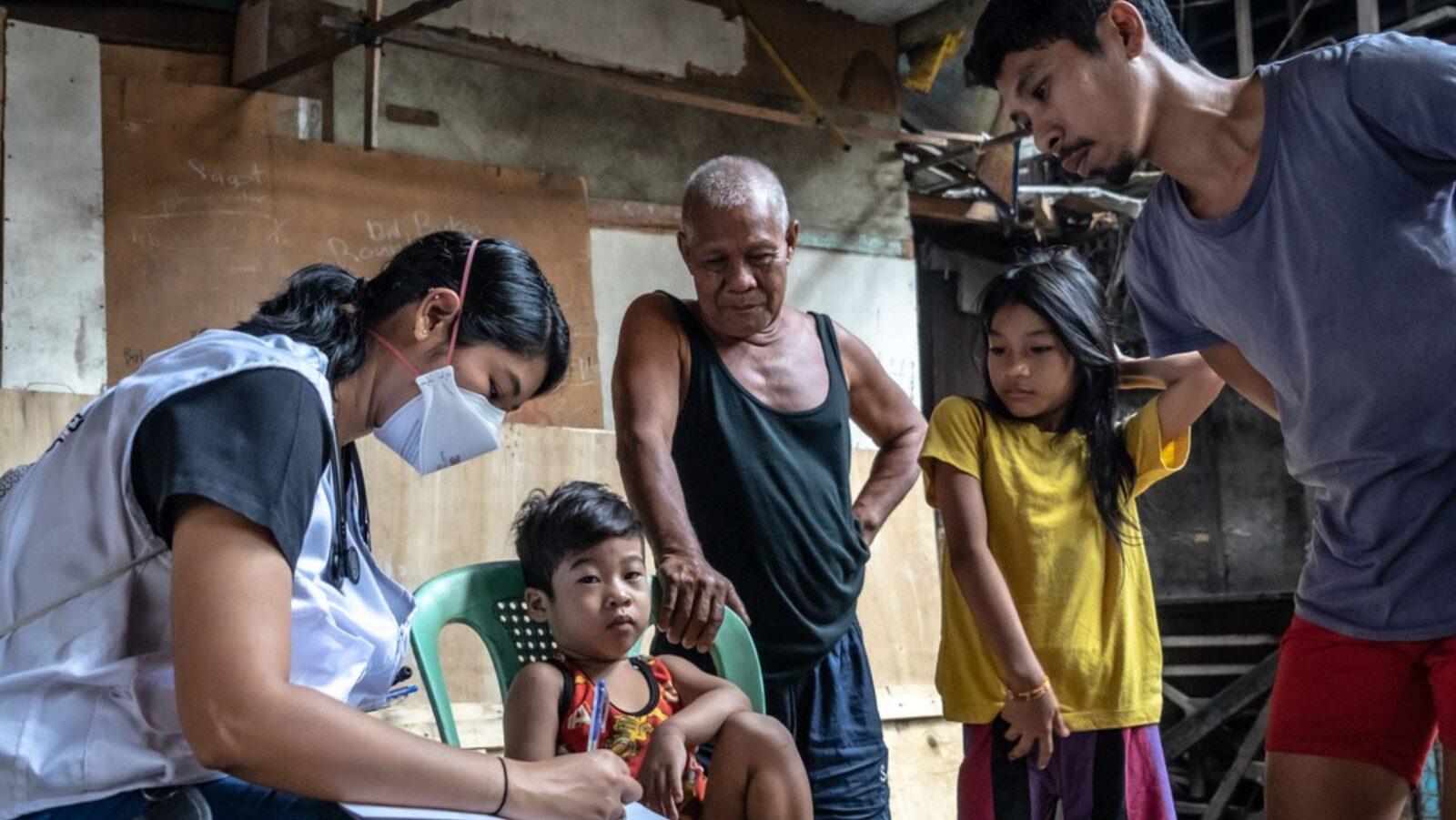
Following the launch of the updated National Unified Health Research Agenda (NUHRA) in 2023, the Department of Science and Technology – Philippine Council for Health Research and Development (DOST-PCHRD) and the University of the Philippines – Manila launched the national research agenda for disaster risk reduction and climate change adaptation (DRR-CCA) in health during the Philippine National Health Research System (PNHRS) Week in Butuan on August 15, 2024.
Initiated in November 2023, the development of the agenda is supported by the DOST PCHRD under the project “Development of the Disaster Risk Reduction and Climate Change Adaptation in Health Research Agenda 2023-2028,” led by Dr. Carlos Primero Gundran of UP Manila. The initiative aims to ensure the responsiveness and relevance of research and development projects that delve in the context of disaster preparedness and climate change adaptation in health in the country. Specifically, the agenda will support the DRR-CCAH program of the DOST-PCHRD to become a major contributor of S&T solutions that address emerging health challenges and to seamlessly integrate with the NUHRA 2023- 2028.
To craft the agenda, the project team conducted four consultation meetings involving all 17 regions in the country, which generated regional priorities in DRR and CCA in health that are relevant to the respective geographic, economic, and cultural situations of each region. In total, 121 research topics emerged from all regions, which were then synthesized into seven (7) themes along with corresponding subthemes.
Theme 1: Community Resilience, Engagement, and Participation in Health Emergencies and Disasters emphasizes the central role of communities and the importance of community-driven approaches, capacity-building initiatives, and understanding local perceptions to build resilience and adapt to changing environmental conditions.
Theme 2: Climate Change Adaptation, Prevention, and Mitigation explores the relationship between climate change, ecosystem disruptions, and their profound impacts on human health across various dimensions, ranging from air quality and disease spread to the resilience of vulnerable populations and the necessity for innovative solutions in water management and sanitation.
Theme 3: Surveillance, Data Management, and Technology encompass the utilization of data management, cyber measures, emerging technologies, and space based technology to address challenges in disaster risk reduction, climate change adaptation, post-disaster loss, and damages, prediction, and response, as well as monitoring health impacts and tackling issues like antimicrobial resistance.
Theme 4: Food Security and Nutrition encompasses the critical aspects of ensuring adequate nutrition and food security in disasters and emergencies, including bridging
the gender nutrition gap, implementing effective breastfeeding and therapeutic food programs, and enhancing the acceptability of food commodities among vulnerable populations.
Theme 5: Governance and Policies in DRR and CCA in Health centers on the regulatory frameworks, institutional structures, and policy mechanisms governing DRR and CCA in Health. It covers the examination of existing policies, their alignment with international frameworks and standards, and the identification of opportunities to improve the healthcare system.
Theme 6: Health Service Delivery covers the provision of essential healthcare services before, during, and after disasters and emergencies.
Theme 7: Mental Health and Psychosocial Services focuses on addressing the psychological and psychosocial impacts of disasters on individuals, responders, and communities.
“The DOST supports this initiative to guide health research efforts in the field of DRR-CCAH. It is consistent with the DOST’s commitment to promote the maximum benefit of the Filipino people, by making sure that our investments in R&D are directed towards serving the pressing needs of our communities,” DOST Secretary Renato U. Solidum, Jr. said.
“In 2017, we launched our health research program for DRR-CCA to mitigate the health effects of disasters and climate change in the Philippines,” shared DOST-PCHRD Executive Director Dr. Jaime Montoya. “While it is relatively new, the program has been successful in supporting R&D projects that delve in the field, spanning a variety of topics such as assessing disaster-preparedness of institutions, analyzing health consequences related to high heat index, and even studies on the Marawi siege. The launch of this agenda will help us in guiding our efforts in the field, to build better our country’s capability against health risks brought by disasters and climate change.”
The project was completed last June 2024, and was allocated with a total funding support amounting to Php 4,897,004 by the DOST-PCHRD. —Press release from DOST-STII/MF






